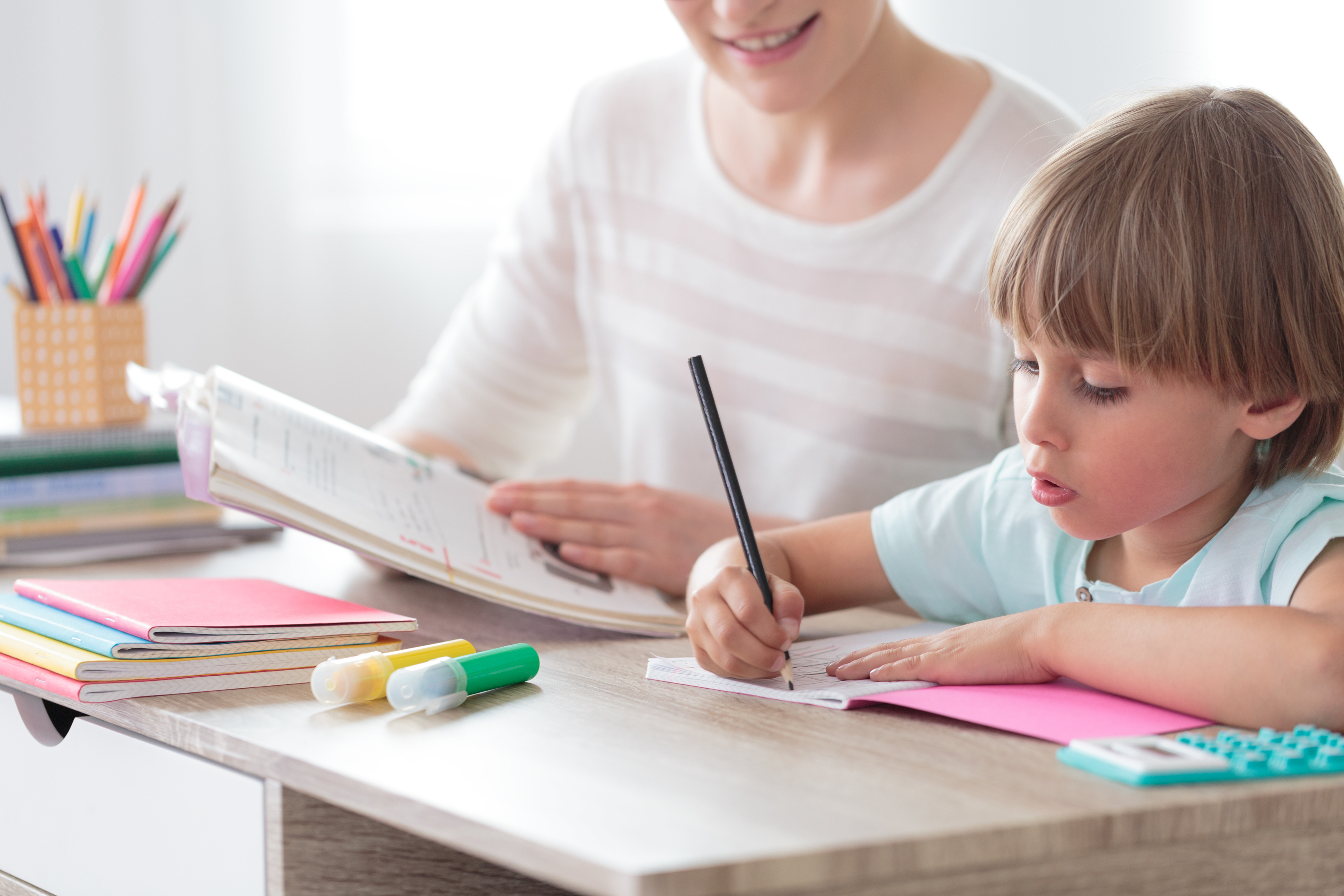
UK parents spend less time helping their child with their education than mothers and fathers in many other countries, including India, the United States and Italy, according to a global survey.
It suggests that just over one in 10 UK mothers and fathers spend the equivalent of at least an hour a day assisting their youngster, for example by reading to them or helping with homework.
The poll, which questioned 27,380 parents across 29 countries, also indicates that many in the UK are divided over whether the standard of education has got better or worse over the last decade.
But it does conclude that UK parents are among the most positive about the quality of teaching their child receives at school.
The survey, published by the Varkey Foundation, a global education charity, found that just 11% of UK parents say they spend seven hours or more a week helping their child academically – equivalent to at least an hour a day.
This was the same proportion as parents in Canada and France, less than the global average of 25% across the 29 countries taking part in the poll, and ahead of only Estonia, Japan and Finland.
India had the highest proportion of parents spending at least seven hours a week helping their child at 62%, followed by Vietnam (50%).
In the United States, 22% of parents spent this amount of time helping their child academically, along with 25% in Italy.
On average, UK parents spend 3.6 hours a week helping their youngster, the poll calculates.
There were divisions over education standards, with 33% saying they have become worse over the last 10 years, 28% thinking they have got better and 27% believing they are the same.
The survey does show that nearly nine out of 10 (87%) UK parents rate the quality of teaching at their child’s school as fairly or very good – the joint third highest of all countries, alongside Estonia, India and Finland, and behind just the United States and Kenya.
And if there were more funds available for schools, 70% of UK parents said they would spend the money on more teachers, or better pay for existing staff.
UK parents were also positive about the nation’s “free to attend” schools (state schools), with 68% saying that the quality of these schools is fairly, or very good, compared to a global average across the 29 countries of 45%.
But the poll also found that 49% of UK mothers and fathers with a child at a state school said they would be fairly or very likely to send their child to a fee-paying school if they could afford it and there was a suitable place available.
Asked about their top criteria for choosing a school, 49% of UK parents said they wanted a school that was a happy environment – equal to parents in Japan and higher than all other countries surveyed apart from South Korea.
Vikas Pota, chief executive of the Varkey Foundation, said: “Despite the pressure on school budgets, it is heartening to see that British parents are among the most confident in the world about the quality of teaching in their child’s school, even if they are slightly less confident in the education system in the UK as a whole.”
He added: “However, it’s worrying to see that British parents are spending so little time helping their child with their education – lagging behind almost every other country we surveyed.
“The fact that Indian parents are almost six times more likely to spend an hour a day helping their child with their education than British parents is sobering.”
– The Ipsos MORI online poll was carried out between December 8 and January 15.

Enjoy the convenience of having The Sunday Post delivered as a digital ePaper straight to your smartphone, tablet or computer.
Subscribe for only £5.49 a month and enjoy all the benefits of the printed paper as a digital replica.
Subscribe